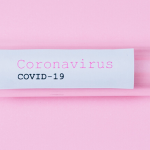June 8 | FICEMS Virtual Meeting
2022 SESSION
Wednesday, June 8, 2022 1:00 p.m. – 3:45 p.m. Virtual Meeting Washington, DC
General Meeting1:00-1:05 Welcome, Introductions, Opening Remarks Jonathan Greene, Deputy Asst. Secretary for Preparedness & Response Director, Office of Emergency Management & Medical Operations FICEMS Chairperson Gam Wijetunge, Director, NHTSA OEMS Director of the Office of EMS, NHTSA Elizabeth Fudge Supervisory Program Analyst, Health Readiness Policy & Oversight Theresa “Tee” Morrison-Quinata EMS for Children Branch Chief, Maternal & Child Health Bureau Division of Child, Adolescent, & Family Health 1:20 Assistant Secretary for Preparedness & Response Jonathan Greene Deputy Assistant Secretary & Director, Office of Emergency Management & Medical Operations
1:25 Indian Health Services Darrell LaRoche Director, Office of Clinical & Preventive Services
1:30 Centers for Disease Control & Prevention Christine “Chris” Kosmos Director, Division of State & Local Readiness Center for Emergency Preparedness & Response
1:35 Centers for Medicare & Medicaid Services CAPT. Skip Payne Director, Emergency Preparedness & Response Operations 1:40 Countering Weapons of Mass Destruction Office Pritesh Gandhi, M.D. Chief Medical Officer, EMS Program
1:45 United States Fire Administration Richard Patrick Director, National Fire Programs Directorate 1:50 National Highway Traffic Safety Administration Nanda Srinivasan Associate Administrator, Research & Program Development 1:55 Public Safety & Homeland Security Bureau David Furth, J.D. Deputy Chief, Office of the Bureau Chief 2:00 State EMS Directors Update Steve McCoy EMS Bureau Florida Department of Public Health Kate Elkins EMS Specialist, NHTSA OEMS 2:10 COVID-19 First Responder Deaths Dave Bryson EMS Specialist, NHTSA OEMS 2:15 National 911 Program Update Brian Tegtmeyer National 911 Program Coordinator 2:20 NEMSIS Update Eric Chaney EMS Specialist, NHTSA OEMS 2:25 National Roadway Safety Strategy – Post Crash Care Gam Wijetunge Director, NHTSA OEMS
Diane Pilkey, DHHS HRSA | Max Sevareid, NHTSA OEMS
2:35 EMS Data Standards & Exchange Subgroup Rachel Abbey, DHHS ONC | David Millstein, DHS USFA 2:40 EMS Systems Integration & Preparedness Subgroup Tee Morrison-Quinata, DHHS HRSA | Gam Wijetunge, NHTSA OEMS 2:45 Workforce & Safety Subgroup Greg Williams, DHS USFA | Dave Bryson, NHTSA OEMS 2:50 Education & Training Subgroup Michael Stern, DHS USFA | Clary Mole, NHTSA OEMS
3:25-3:30 Public Comment |




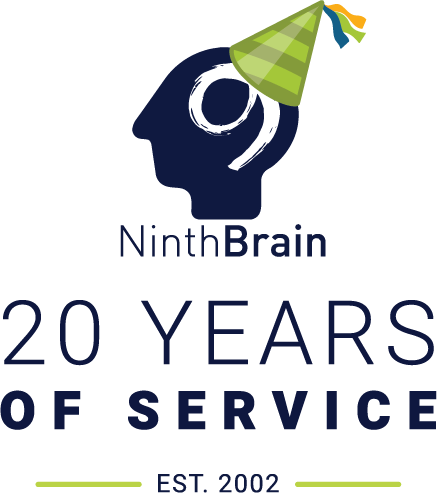
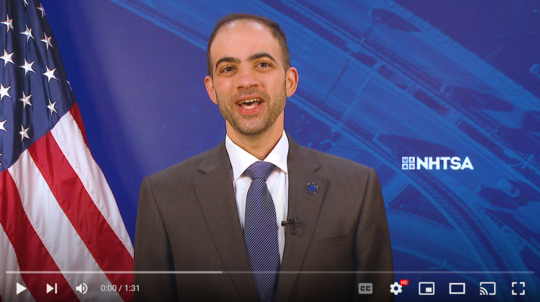

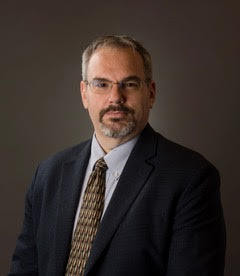
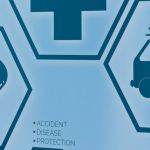


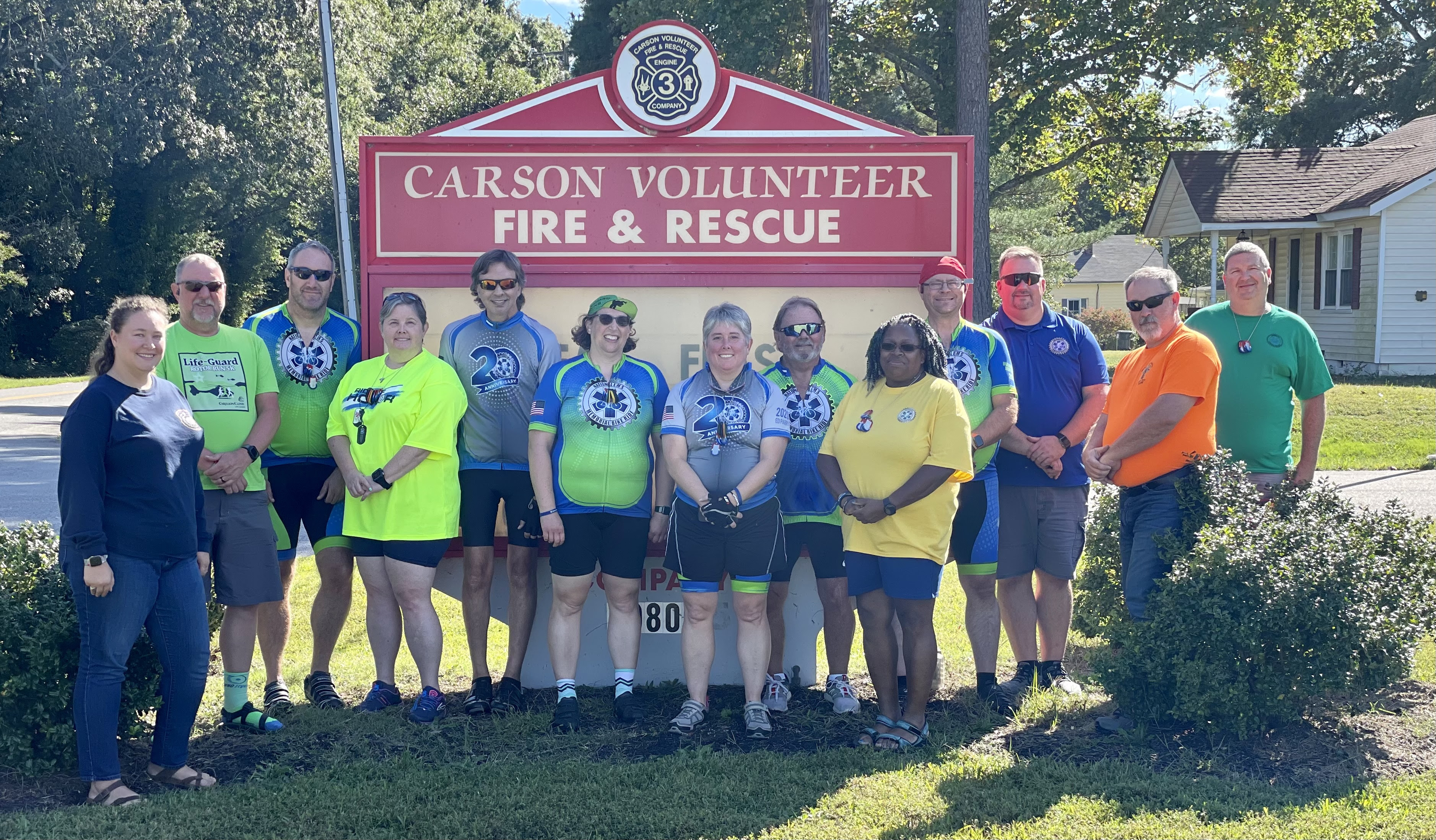
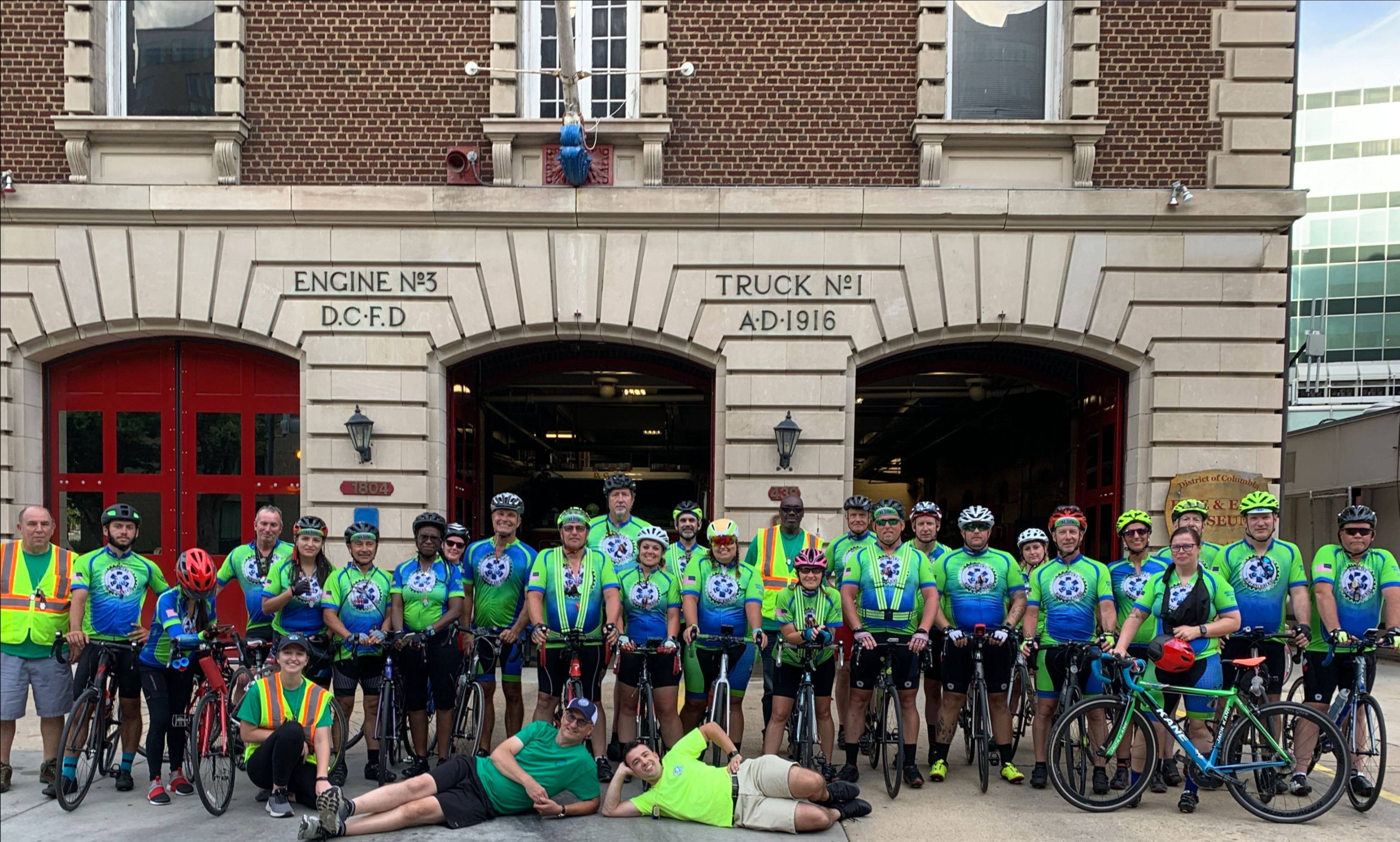
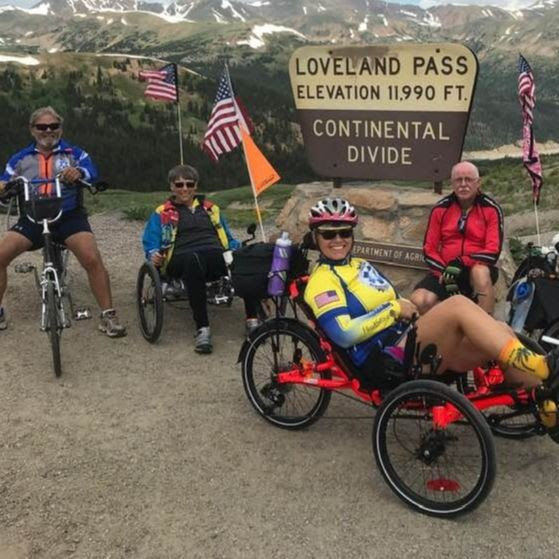
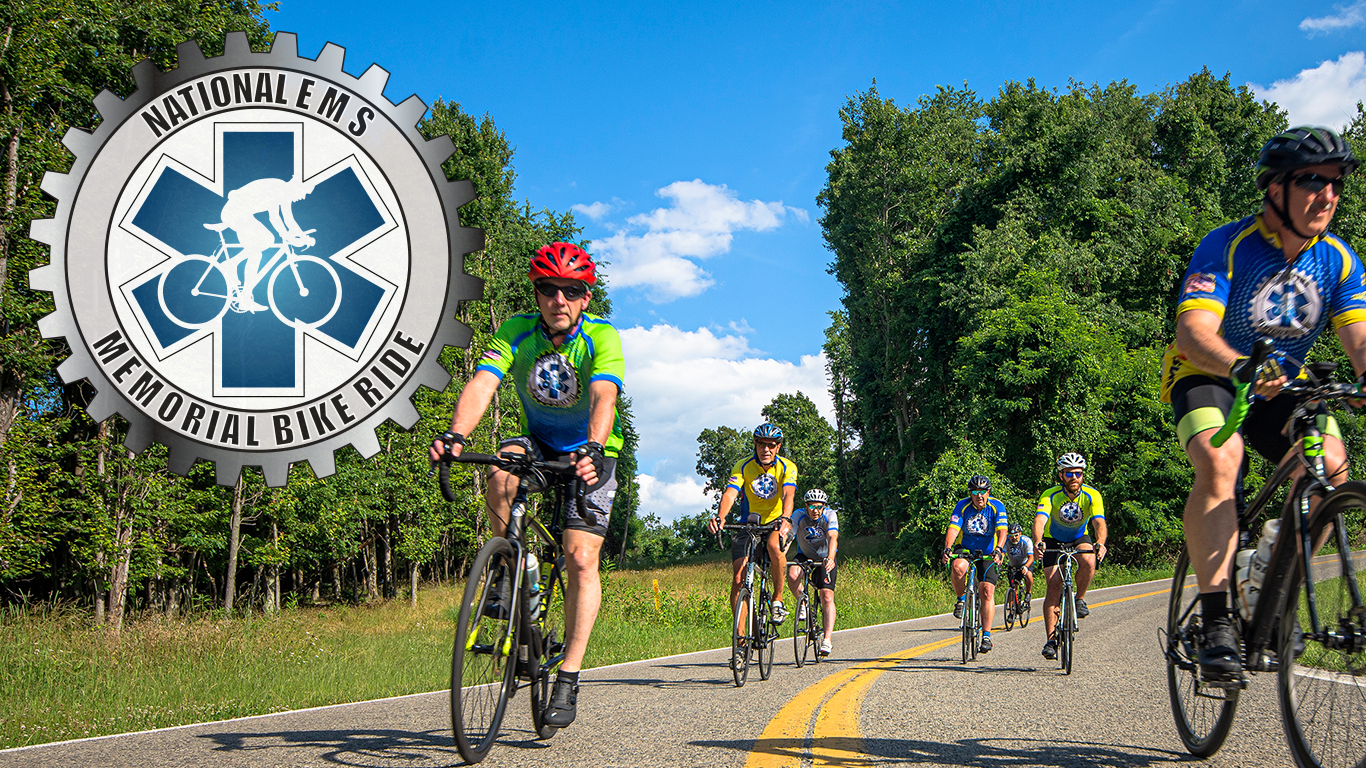



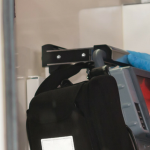

_2106244.jpg)




